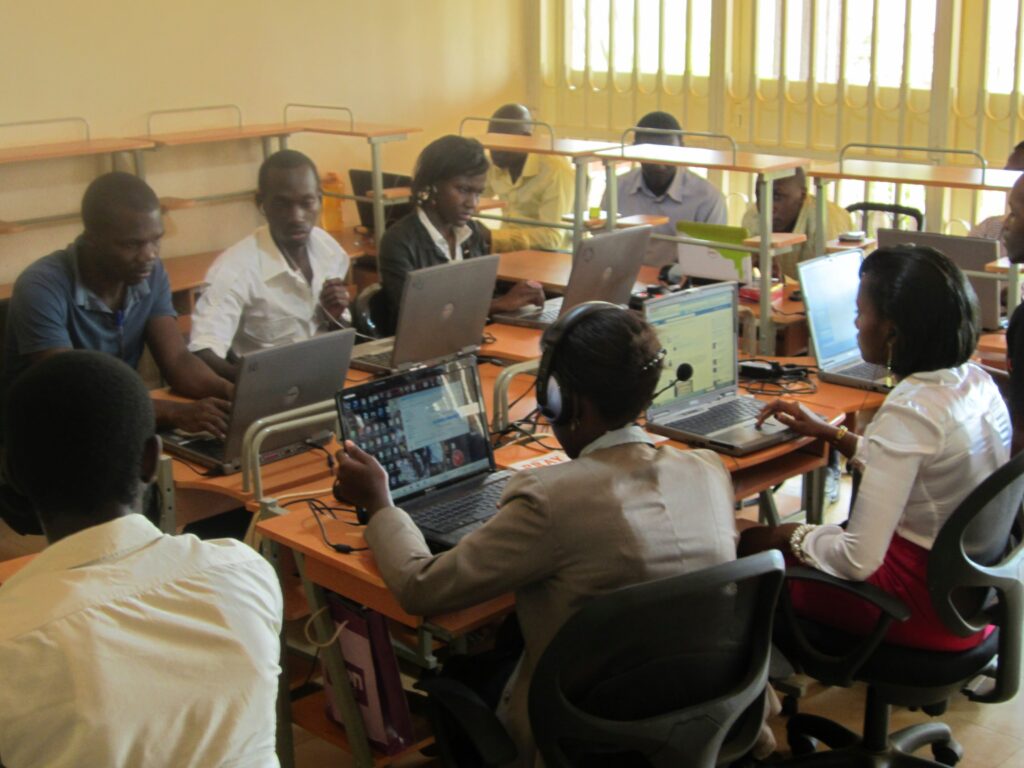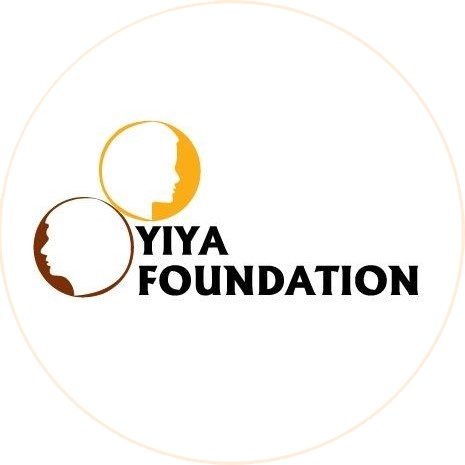
Education – Literacy & ICT for Development (ELIMU)
YIYA Foundation combats youth unemployment by collaborating with youth, schools, and governments to design and deliver education solutions that provide young people in Uganda with the skills they need to further their education, resolve gender inequities, start businesses, find jobs, and drive community development.
To accomplish this, YIYA Foundation collaborates with families and communities to equip them with the tools they need to effectively protect and care for their children. At the moment, we are assisting Ugandan children and youth by providing daycare, education, vocational training, and medical services in various locations.
Children whose families are unable to provide for them can find a loving home in one of St.Rita’s cradles which are shelters run by the organisation in selected areas.
YIYA Foundation harnesses the power of ICT4D to support actions aimed at the holistic development of children, women and young people in the communities with which we work throughout Uganda.
Over 4000 young Ugandans have been trained by the YIYA Foundation in Literacy, ICT, web design and development, graphics design, animation, computer programming, business process outsourcing, video production, and household income generation.
We use solid knowledge to train, design, implement, and monitor literacy programs. Work on contemporary issues affecting communities to develop skills, attitudes, and values that will aid in societal transformation.
We use the Gender Action Learning system (GALS) tool to advocate for change on a larger scale by assisting participants in developing strong visions for change as well as concrete strategies and plans to improve their lives and, through personal experiences, broaden the minds of their family members, colleagues, and communities.
FAQs
- Girls and boys in primary school
- Parents and other caregivers
- Administrators and teachers in schools
- Religious, cultural, and community leaders
- Creating reading materials in the local language or mother tongue on project-related knowledge.
- Conducting reading assessments to determine the reading levels of children.
- Encouraging parents and communities to work together to create a learning environment at home and in the community to support children as they learn.
- Instruct teachers and community trainers on how to incorporate fundamental reading skills into their classrooms and projects.
- Give communities relevant information to help them monitor service delivery of all government institutions and influence change in their communities by being the eyes of others to uphold community values and norms.
- Literacy: Numeracy & English Classes
- Digital Skilling for vulnerable Young People: especially Girls, PWDs, & Young Mothers with Basic Computer Skills
- Web Designing & Development
- Graphics Designing
- Computer Programming
- Community Outreaches on Topical Issues: Family nutrition, Child-Labour, Domestic Violence, Household Income Generation.
